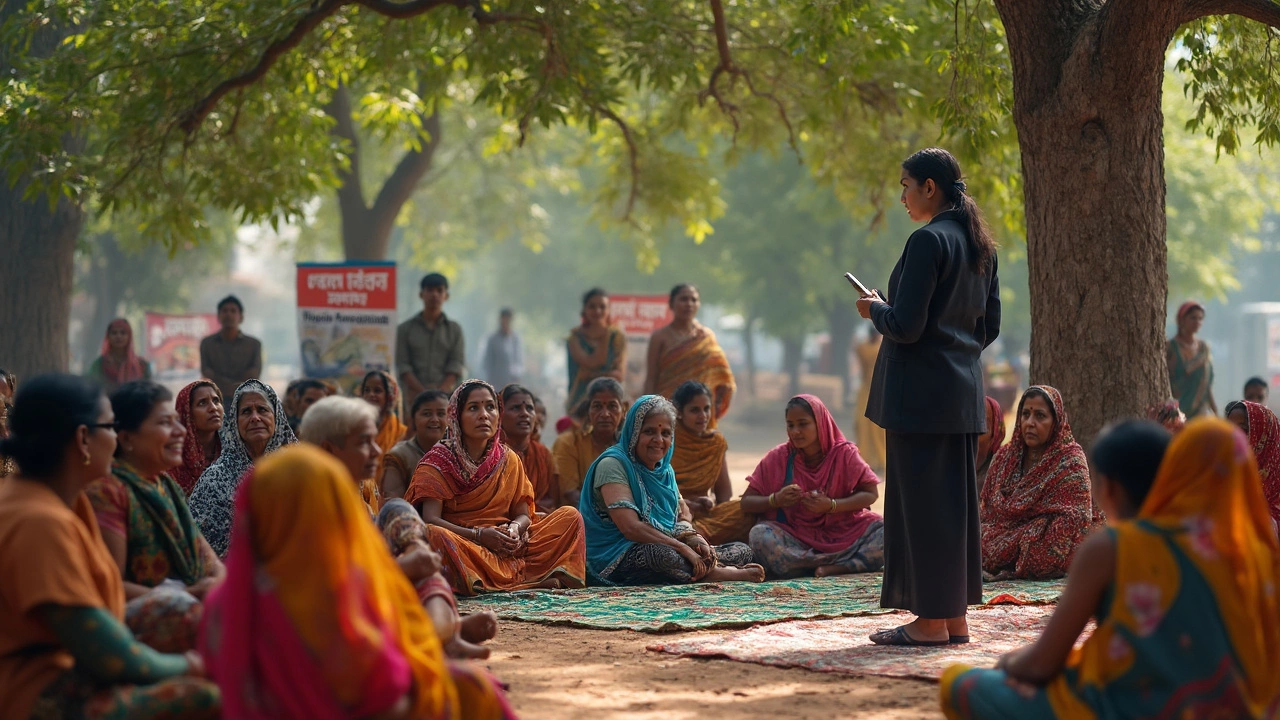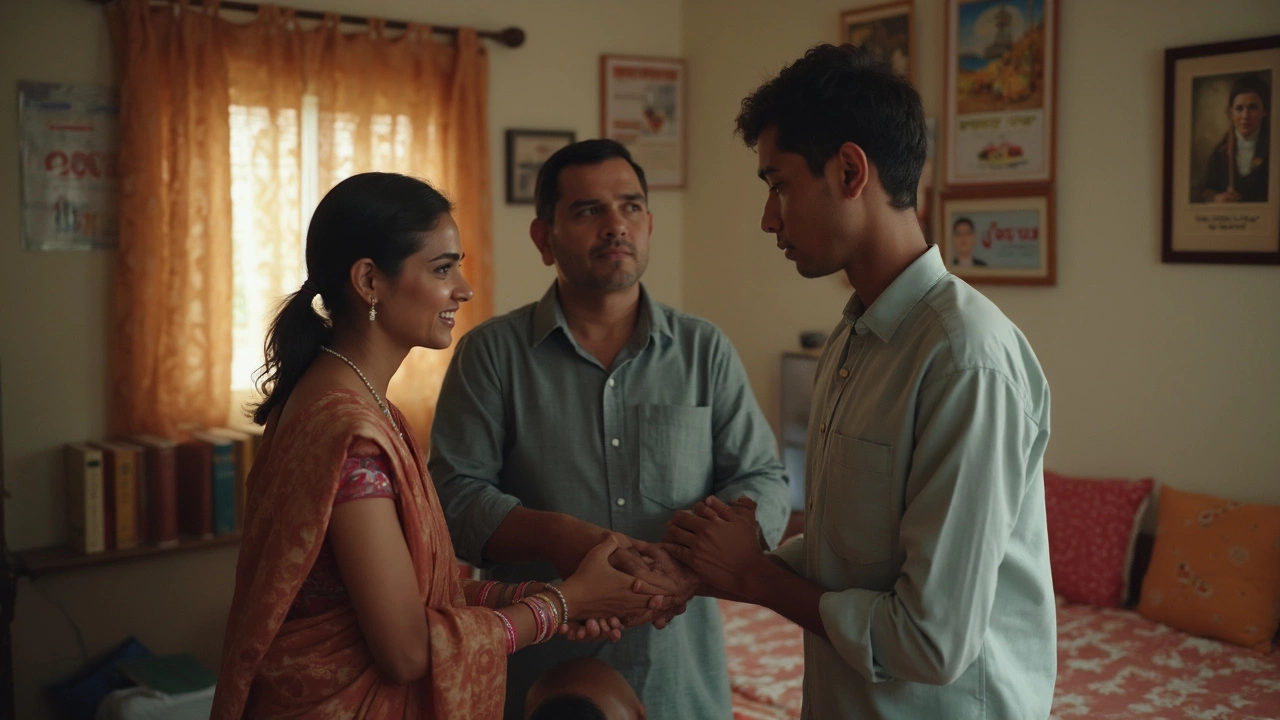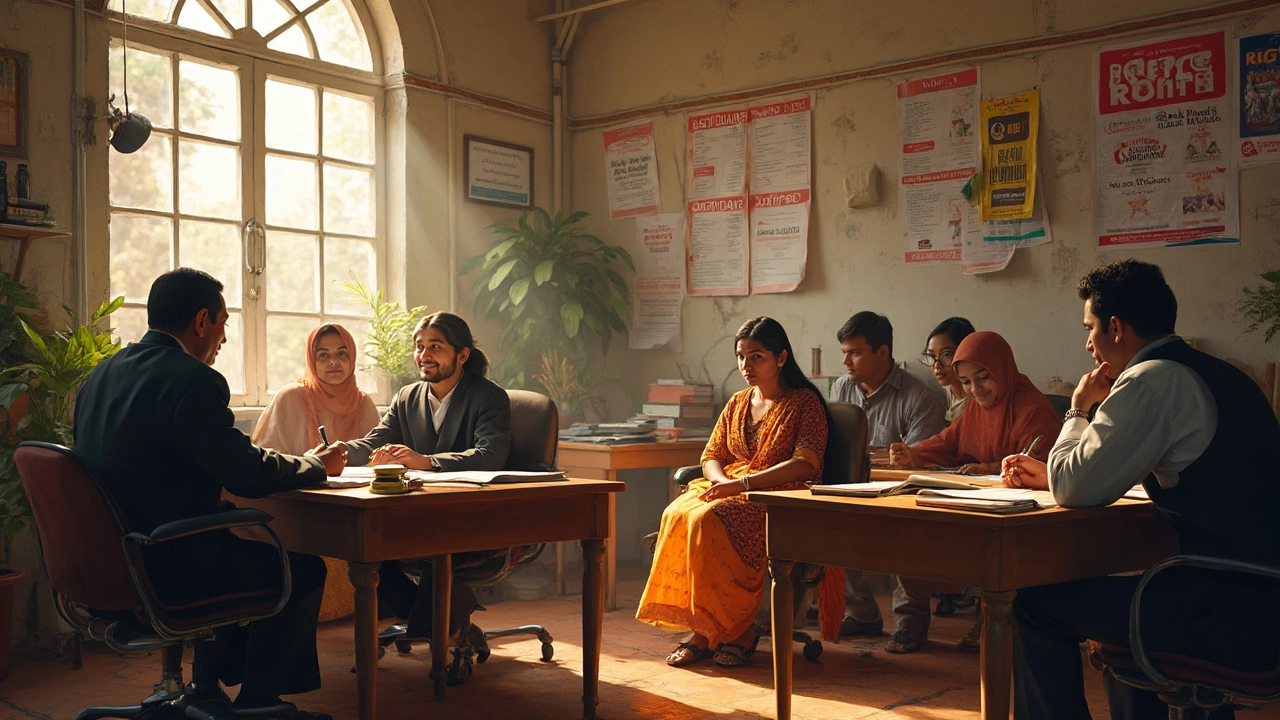Ever wonder why some lawyers take cases for free? That’s what pro bono is all about. In legal slang, “pro bono” comes from a longer Latin phrase that basically means doing work for the public good—no charge.
If you’re worried you can’t afford a lawyer, especially for criminal charges, pro bono help can be a lifesaver. It’s not just about kindness; it’s a way to make sure everyone gets a shot at justice, rich or broke.
Here's the thing—not every lawyer offers to work for free, and there are usually rules about who can get pro bono help. But don’t stress. There are actual ways to find out if you qualify and where to look, whether you’ve just been charged with something or you’re helping out a friend in trouble.
- What Does Pro Bono Mean?
- Why Do Lawyers Work Pro Bono?
- Who Can Get Pro Bono Help?
- How to Find Pro Bono Legal Services
- Things to Know Before Reaching Out
What Does Pro Bono Mean?
Pro bono means a lawyer works for free on a case, not expecting any payment from the client. It's short for "pro bono publico," which is just Latin for "for the public good." In law, this isn't just about being nice. It’s a tradition, and in some places, it’s even encouraged or required by the bar association.
When someone says a lawyer is working pro bono, they're saying that lawyer is stepping up to help people who can't afford a paid attorney. This comes up a lot in cases where a person is facing losing their home, their job, or—big one—their freedom in criminal court.
For criminal cases, having a pro bono lawyer can make a huge difference. Let's be real: defending yourself in court is not easy, and criminal charges in particular can mess up your whole life if you go it alone. Lawyers know this, so many set aside some of their time for these free cases each year. In the U.S., for example, the American Bar Association recommends lawyers do at least 50 hours of pro bono work every year. Some law firms even run pro bono programs to organize this help on a bigger scale.
Pro bono cases can cover all kinds of legal work—helping people get out of unfair criminal charges, sealing old records, sorting out domestic violence issues, and more. The point is always the same: you get real legal help, even if you’re broke.
One thing to remember: pro bono is different from having a public defender, who gets paid by the government. Pro bono lawyers are regular private attorneys who choose to do some work for free, not because the court assigns them, but because they want to help out.
Why Do Lawyers Work Pro Bono?
It sounds wild, right? Lawyers giving up their time and skills for free. But there are some solid reasons behind it, and most aren’t as mysterious as you think. First off, the pro bono tradition has been around for ages. The American Bar Association says every lawyer should aim to spend at least 50 hours a year doing free legal work. Some states, like New York, even require law grads to do a little pro bono before they get their license.
But it’s not all rules and regulations. Lots of lawyers see pro bono as a way to actually help people, not just talk about it. When someone’s facing jail time or has nowhere else to turn, a lawyer can literally change their life. Some lawyers even say these are the cases they remember most—the ones that made them want to go to law school in the first place.
The perks go both ways. Pro bono work can give lawyers new skills, let them network with others, or break up the day-to-day grind of paying clients and paperwork. Some law firms also care about their image; they know clients like to see them helping the community.
Here’s a quick breakdown of what motivates lawyers to go pro bono:
- It’s part of legal ethics. There’s an expectation from the profession and their peers.
- Personal satisfaction. Helping someone in need can feel a lot more meaningful than a big paycheck.
- Skill-building. New lawyers get real experience fast on actual cases.
- Career impact. It can help with networking and even job promotions or awards.
- Firm reputation. Firms want to look good in the community.
Check out some eye-opening stats on pro bono work from a recent 2024 survey:
| Reason | % of Lawyers |
|---|---|
| Desire to help those in need | 67% |
| Required by firm or bar | 22% |
| Skill development | 8% |
| Other reasons | 3% |
So, while lawyers aren’t giving up their luxury cars any time soon, pro bono work is something plenty believe in. And sometimes, it’s just about doing the right thing when someone’s life is on the line.

Who Can Get Pro Bono Help?
Not everyone who asks gets free legal help, but there are clear guidelines lawyers follow. Most pro bono programs focus on people who really can’t afford regular legal fees. If you’re low-income, unemployed, facing eviction, or dealing with a criminal case with no cash for defense, you might be able to get this type of help.
Law firms and legal aid societies usually check your household income. It’s often compared against a percentage of the federal poverty level. For example, in 2025, if your income is less than 200% of the federal poverty line, you’ll likely qualify for some programs. Here’s a real snapshot:
| Household Size | 200% Poverty Line (Yearly Income) |
|---|---|
| 1 | $30,120 |
| 2 | $40,880 |
| 3 | $51,640 |
| 4 | $62,400 |
But money isn’t the only thing. Some criminal cases, like serious felonies, are more likely to get pro bono attention. On the other hand, small civil issues or traffic tickets might not meet the cut.
Some places also give preference to veterans, domestic violence survivors, or people with disabilities. If your case could impact your family’s safety or rights, that counts for a lot.
- Check your local legal aid office’s website for income guidelines.
- Call a criminal lawyer in your area and ask if they do pro bono work or can refer you.
- Look for special clinics at law schools or community centers; these groups often offer slots for people in tough spots.
If you’re not sure you qualify, don’t let that stop you from asking. Sometimes, there are exceptions for people in really urgent or unusual situations.
How to Find Pro Bono Legal Services
If you need a lawyer but money’s tight, there are actually real ways to track down pro bono help. This isn’t some secret club—there are networks and programs set up to connect regular folks with legal pros who want to help.
First off, check official state or county bar association websites. Most of them have a ‘Find a Lawyer’ or ‘Legal Aid’ section, where you can search for pro bono or low-cost services. For example, the American Bar Association (ABA) runs a simple site where you can plug in your city or zip code and get a list of free legal aid organizations nearby.
- Check local legal aid clinics: Search for legal aid groups in your city or state. Groups like Legal Services Corporation (LSC) fund hundreds of local offices across the U.S. Some clinics focus just on criminal defense.
- Contact your public defender’s office: If you have a criminal case, see if the local public defender can help, or at least point you in the right direction.
- Law schools: Many law schools run clinics where law students, under supervision, give free legal advice or take on cases. It’s a win-win—they learn, you get help.
- Nonprofits and charities: Groups like The Innocence Project or local ACLU chapters sometimes offer pro bono criminal defense, especially in cases involving wrongful convictions or civil rights.
- Online directories: Sites like LawHelp.org or Justia list pro bono resources and let you filter by legal issue and location.
Take a look at how common pro bono services really are across the country:
| State | Bar Programs | Active Pro Bono Lawyers |
|---|---|---|
| California | Over 80 | More than 10,000 |
| Texas | 60+ | 7,000+ |
| New York | 90+ | 11,000+ |
Don’t be afraid to call around and ask questions. If you don’t qualify with one group, someone there can usually steer you toward another. There’s no penalty for reaching out, and honestly, a bit of persistence can really pay off.

Things to Know Before Reaching Out
Before you pick up the phone or send an email asking a lawyer to take your case for free, there are some things you should know. Not every case gets the green light for pro bono help—law firms and legal aid groups have specific guidelines. Usually, they check your income, the type of case, and sometimes even your criminal history to see if you qualify. For criminal law, most pro bono help is for people dealing with serious charges who have no real way to pay for legal defense.
Lots of legal aid organizations run on tight resources, so they have to choose cases that make the most impact. If your situation involves something like wrongful charges, discrimination, or major threats to your freedom, you’re more likely to get help. But if it’s a minor issue or you’ve already had a lawyer before, it might be harder to qualify.
Also, keep your paperwork handy. When you apply, you’ll probably need to show proof of your income (like pay stubs or benefits statements), court documents, and any letters related to your case. Being organized speeds things up—lawyers appreciate when you’re ready with facts.
One tip: Don’t ever fake anything on your forms. Legal aid groups double-check information, and if you’re caught lying, you could get turned away completely. If you’re not sure about your eligibility, ask questions up front instead of guessing. Being honest helps everyone get to the right answer faster.
Finally, getting pro bono representation doesn’t mean your lawyer will cover all court fees or fines. Usually, the “free” part is their time and skill, not extra legal expenses, so ask what you’ll be responsible for. Clear these details right away so there are no surprises if your case moves forward.
